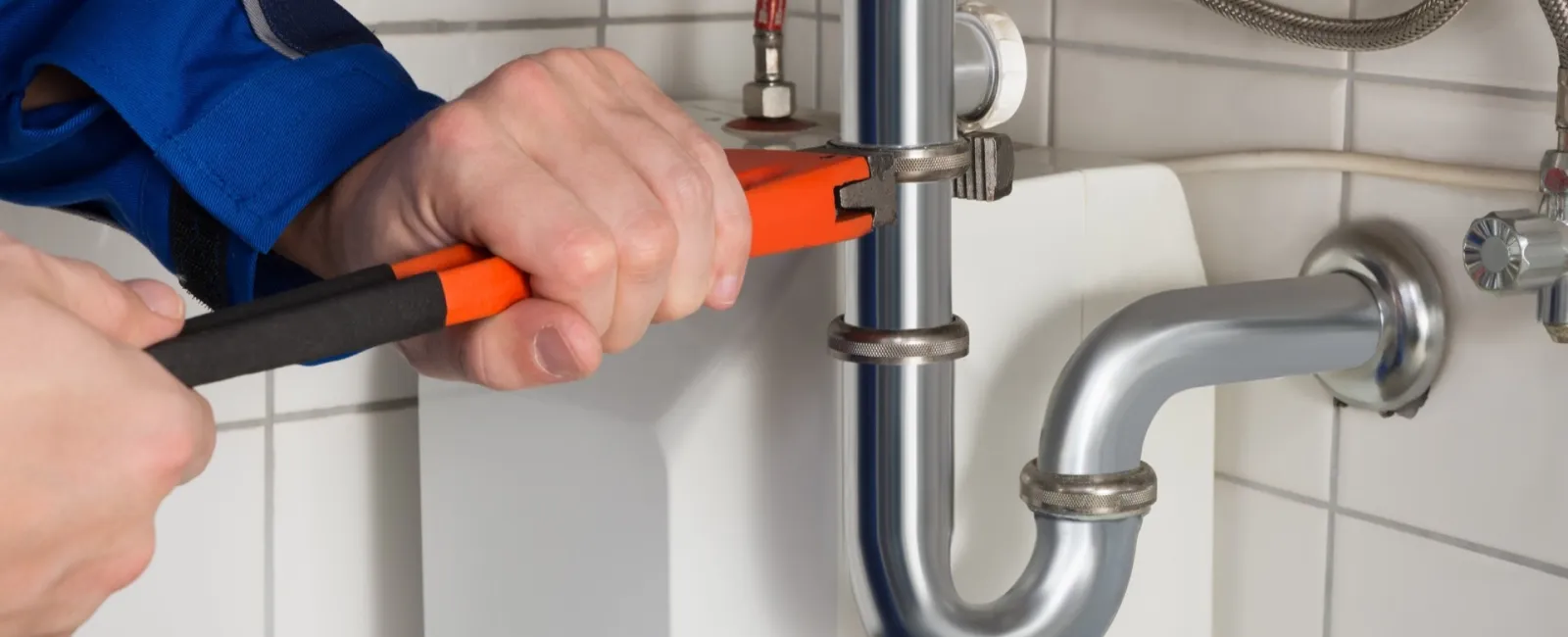Two events this week contributed to this week's blog. First, this week is World Water Week, which is a global event with a weeklong conference in Stockholm, Sweden addressing some of our planet's water needs and issues. The second event was a dinner over the weekend at a local restaurant with my wife. How do these two events come together in a blog?
Sunday night my wife and I went to a local restaurant for dinner and ordered two items off the menu. My food arrived on a plate, which was really a platter, and was piled about 4-5 inches high. My wife's plate/platter was similar in size. The food was fantastic and we eventually took home two large "to-go" boxes and had a great lunch on Monday with the leftovers. But as we were walking out of the restaurant, I noticed many patrons had not finished their meals and were not taking the leftovers home.
I got to the office on Monday and got an email reminding me that this week was World Water Week. The email started with a simple question: What is the biggest water waster in both our country and the world? A number of answers started going through my head: bathing, laundry, watering your lawn too much, water balloon fights, who knows! I wasn't even close.
In the U.S., almost half the food supply worth over $48.3 billion is lost each year, which amounts to wasting 10.5 trillion gallons of water—. The average American family of four discards 112 lbs. of food each month.enough to meet the water needs of 500 million people. Below is a quick link to great article explaining our struggles with this issue and some staggering numbers that go along with it. Wasted Food = Wasted Water!
So next time you are at the grocery store or at a restaurant, consider how you can make a difference and not waste food and ultimately help one of our greatest resources.
